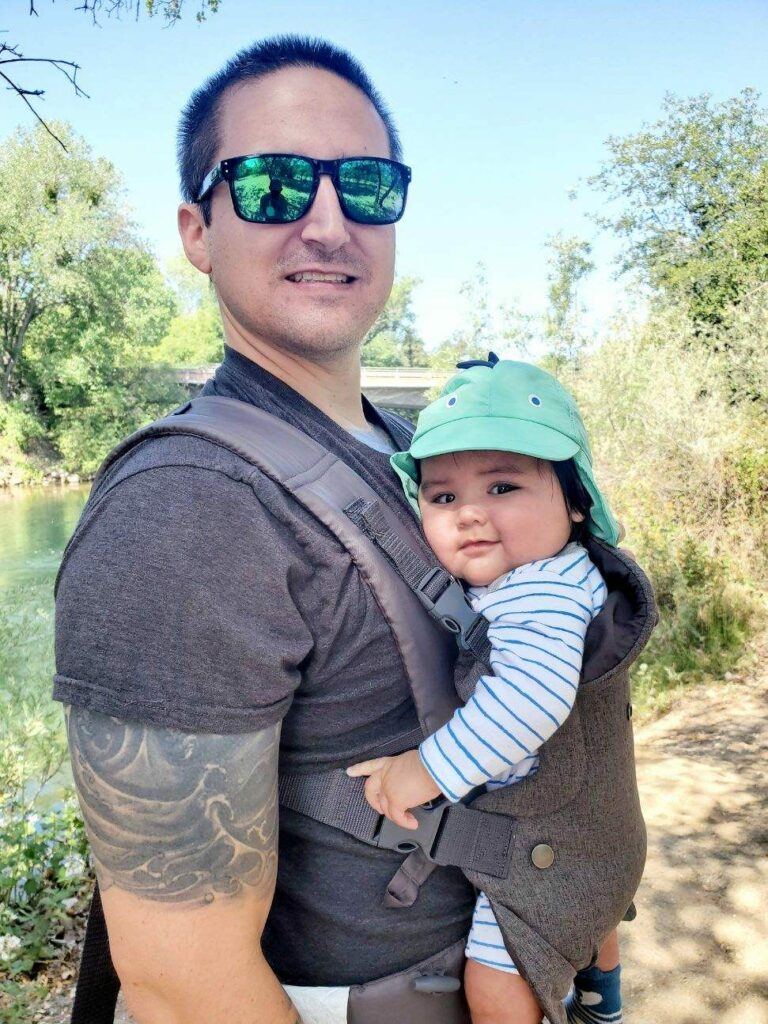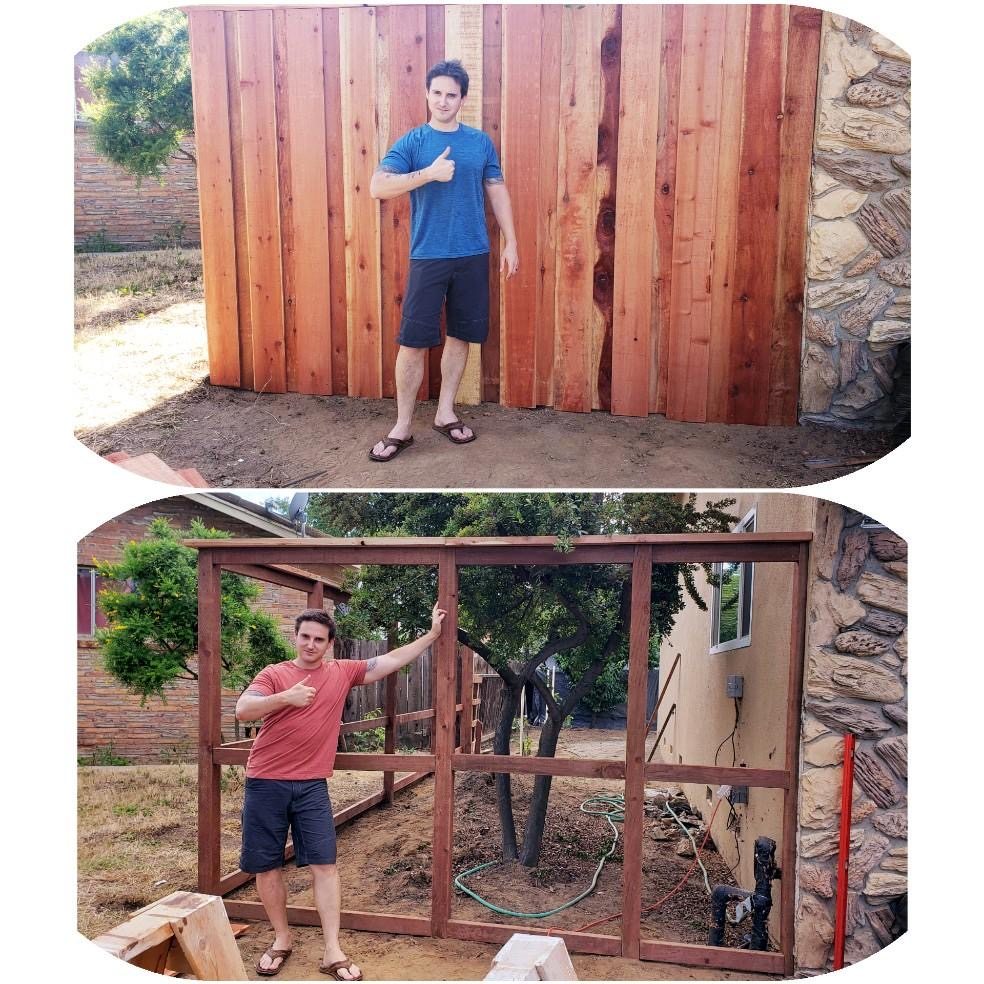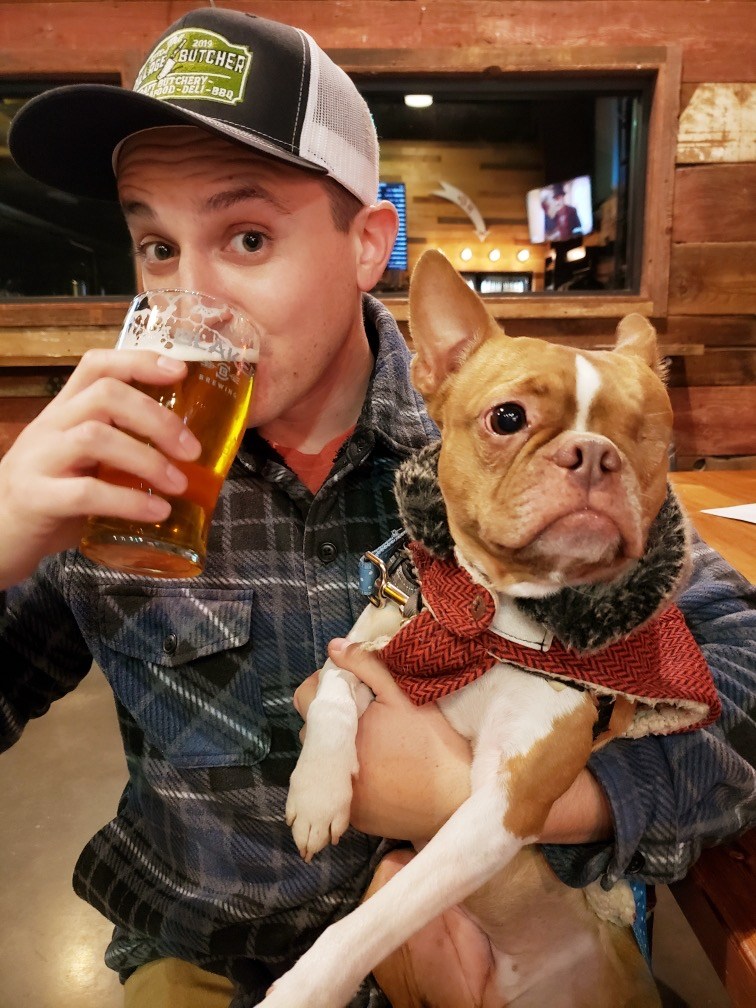
One of the most frequent questions I get during the beginner stages of blog building for newbies is what they should write in an “about me” page. My reaction for years (internally), has been, holy shit if you can’t even write something about yourself, you’re in for a rough ride.

Are You Ready To Work Your Ass Off to Earn Your Lifestyle?
Are you tired of the daily grind? With a laptop and an internet connection I built a small website to generate income, and my life completely changed. Let me show you exactly how I’ve been doing it for more than 13 years.
Of course, I don’t say that, but was just very confusing to me that this would be the first hiccup that people would run into. It just seemed so easy.
It came up so frequently, that I began to think about why people are so caught up in this seemingly simple task, and I guess I came away with a little more empathy, as well as some advice worth publishing.
I get it now. A new blogger probably is also a new writer. They probably think their writing sucks. Also, they probably have a pretty normal life, so compared to big personalities in the blogging space, it may seem like they don’t have much to brag about. If you aren’t an expert, and you aren’t amazing, then what the hell do you write in a blog bio that’s actually worth writing? Why would anyone care?
I think the missing piece to the puzzle isn’t the writing skills. Blogging is one of the most causal forms of writing out there, so it’s not like you need an English degree to get the work done. I think the bottleneck is that people don’t know what to say about themselves. They lack the confidence to say, hey it’s me. i’m unique. these are my ideas.
So with that in mind, here’s how I wrote blog bios for my own blogs.
3 Rules For Writing A Memorable Blog Bio
Be Your Authentic Self

The #1 thing to keep in mind when you write your blog bio is to be your authentic self. If you aren’t doing this step right, then you’ve already messed up. This is important on several levels.
First, it sets the correct foundation for yourself, the writer. It gets your mind right. Blogging isn’t journalism. You aren’t going to be fact-checked by the Wall Street Journal. Ultimately, blogging is about publishing your opinion on a topic and finding people who are into what you have to say on a topic.
There are plenty lots of examples of outsourced blogs with fake bios but those are bags of hot garbage meant to flip for cash. They aren’t meant to be long term businesses. Those are the ones with 1000 Amazon affiliate links and nothing interesting to say. Writing a memorable blog bio is useful for someone trying to build a business that will feed their family and pay their mortgage.
When you write a blog bio and come away from it saying, that’s authentically me, it sets the tone for the rest of your writing. Everything else you write after that will literally be connected (literally, via internal link in the sidebar or footer) to your blog bio. As you write each blog post moving forward, you’ll ask yourself – does this article reflect my personality and brand?
Secondly, it sets the tone for the readers. A blog bio is one of the most visited pages on any website, no matter the niche. When someone reads about you, it’s like putting on you-colored glasses, and they’ll read any future articles through that lens.
My beer site is a good example. Someone could read that I’m from California and think, oh this guy is from California, the craft beer capital of the world. He must really know his stuff! Or, they could think, no wonder this guy likes IPAs so much, he’s from California, where they invented the west coast IPA!
You don’t necessarily have control over what the reader thinks, since they’ll bring their biases to the mix, but the point is that who you are can set the tone of how someone reads between the lines of what you write in your blog articles.
Relate It To Your Niche

As much as it’s important to put your personality into your about-me page on your blog, you should also make sure to relate it to your niche in some way. Actually, I think about it as writing about yourself in the context of your niche.
In other words, you don’t have to do brain dump of everything that happened to you as a child and what you like to eat for breakfast. People care about who you are, but not in that kind of way.
People want to know what you’ve got to do with the stuff they’re reading about. How do you know what you know? What’s your personal philosophy in this arena? What can they expect from you? This provides the reader with context as they read your other articles.
For example, think about mom blogs. To a simple search query like, “what’s the best type of baby formula”, there could be a lot of different answers. If someone says, Product A, but someone else says Product B, how do we contextualize that? Which answer is the “truth”?
Well, the answer is that there is no truth, there are only opinions in the world of blog content. Product A isn’t factually, scientifically proven to be better than Product B. There may be some situations where Product B is actually better than Product A. Mom 1 may prefer Product A, but you’ve got to know what kind of mom she is to understand why that’s her choice.
For example, let’s say that Mom 1 runs a blog called Science Mom. She is college educated, 35 years old, and wanted to start her blog to help moms approach motherhood from a data-driven perspective.
She’d choose Product A because is contains more science-backed nutrients. She would probably pick a highly manufactured baby formula with lots of supplements to help with early brain development.
Contrast that with Mom 2, who is 25 years old and a stay at home mom. She homesteads with her husband, and although she would prefer to breastfeed, she has low milk production so has to supplement with formula. Her life experience has led her to prefer all things “natural”, so wants a baby formula with the least ingredients possible. She wants to read the label and understand what each item is. Corn syrup-based baby formula is not an option! She prefers Product B because it’s milk based, and imported from Europe where they have more natural baby formula options.
The only way you’d know all that stuff about either mom is by reading their bio.
Include A Photo of Yourself

Putting a photo of yourself in your bio should be pretty obvious, but it’s still worth discussing because a lot of people don’t do it. An image of yourself engaged in the thing you’re writing about, works to your advantage in a number of ways.
For one, it puts a face to your text. Now, when someone reads what you write, they can imagine you saying it. They can think about what your eyes look like and imagine what your voice might sound like based on how you look. Instead of them reading it in their own voice, they’ll read it in your voice.
Now that they know what you look like, there’s more of a human element to your writing. Instead of being a faceless entity handing out free information online, you’re a real person who is just chit-chatting about something they like. It’s fun – not corporate!
With the added context of you engaged in your niche, you’re adding an element of authority to your blog. This person didn’t just make a website to sell me products, they actually like this stuff and know about it!
Your photo doesn’t have to be a glamor shot with professional editing. This isn’t linked-in. Just a casual, natural photo you have on hand will work.
However, I do think that it should be somewhat of a flattering photo of yourself. You don’t have to look like a supermodel, but it should be in some sort of positive context. It’s OK if you’re fat or ugly, but don’t make the photo showing your fatness and ugliness as the center point of focus.
For example, for my beer website, it’s fine to show that I have I have a chubby mid-section. Being a fat old man is fine, but I should have myself brewing up an awesome beer. I could have a photo of me stirring steaming water into a bed of crushed grains, or holding a golden, fizzy, home-brewed IPA in my hand. It’s still me (not photoshopped me), but the photo shows that I’m having a good time brewing and drinking beer.
The reason I mention this is that a lot of older folks who I’ve helped build websites are still uploading some crazy bad photos to their sites. You know the kind. Super weird selfies that are too close, or blurred photos with some garbage they hoarded in their house in the background. Remember, people are going to use this photo and think of you.
So if you are building a site about how to be successful in business but you have a blurry photo of your old ass house with dust on the table and dishes in the sink, it’s not going to give off the right vibe. Even if that’s how you live, at least get a photo of you in front of your work shop. You can have dirty clothes, but put it in the context of “I just finished a job, and ain’t nothin’ wrong with getting dirty to make some money!”
Another great example could be for a weight loss website. You can still be fat, but put yourself on a treadmill so it’s like, “Hey man, I know that exercise sucks, but here I am, working out with you every day. We’re in this together”. That’s much better than a photo of you laying on the couch with a double chin saying, “Do what I say, not what I do.”
Use Your Blog Bio As An Email Capture Page
I’ve had a ton of luck using my blog bio as a “soft” conversion page for email marketing. I think the reason it works so well is that your blog bio page itself is not (at least it shouldn’t be) a sales page. It’s a casual conversation between you and the reader, where they get to learn about you.
If you leave a good impression, they probably want to keep in touch, at least in the context of having mutual interests.
You can set up a completely different funnel for your blog bio email signups as well. Any autoresponder service will allow you to create multiple campaigns, so you can make one just for your about-me page conversions. It can be completely unique, or just have some unique emails at the beginning, then merge into your normal list.
An email signup on a blog bio page feels like there’s less pressure. Just two people chatting. Do you want to keep the conversation going? Lemme get your email and I’ll send you some good stuff.
If you aren’t doing email marketing, then you can use your bio page as a way to engage your audience in another context; something like Instagram, YouTube, or Twitter. A premium Patreon or Substack could be another option with the monetization route.
Don’t forget to subscribe to my YouTube channel where I post weekly videos on the topic, and I answer every question from viewers!
Join me on my weekly Twitch Livestream where I show you how to fix a new plumbing fixture every Saturday at 2PM Pacific.
Check out my Patreon where I publish exclusive videos every month about how to get your music label startup off the ground.
Say hi on Twitter and join the growing Harry Potter fan fiction writers.
I publish evergreen content on my blog but for weekly news updates you can sign up to my Substack. Free users get one email per week, and paid users ($50 per year) get one email every day M-F.
These are just some made-up contexts I came up with, but you can see how there are lots of options on how to make good use of your blog bio page from a business perspective. Of course, I wouldn’t try to over-commercialize it, because it’ll be obvious to the reader, but don’t leave people hanging. Tell them what to do next.
I’ll Leave You With This
Your blog bio is like a way to have a little chat with your visitors. It doesn’t have to be very long. Ask yourself, “What should every reader of your website to know about me?” If you’re still stuck, some basic question to answer would be:
- when did you get into this topic & why
- what’s your opinion on the current state of things
- how have you evolved from when you got started until now
- why did you start your blog
- what do you hope to achieve with your blog
- what do you think are the most important pages on your blog
- how can someone contact you
- where else can people engage you
Don’t answer those like a Q&A. That’s too boring. Write like you’re having a conversation with someone. For more context, here’s my own blog bio.

Nathaniell
What's up ladies and dudes! Great to finally meet you, and I hope you enjoyed this post. My name is Nathaniell and I'm the owner of One More Cup of Coffee. I started my first online business in 2010 promoting computer software and now I help newbies start their own businesses. Sign up for my #1 recommended training course and learn how to start your business for FREE!

 How Long Should A Blog Post Be?
How Long Should A Blog Post Be?
Leave a Reply